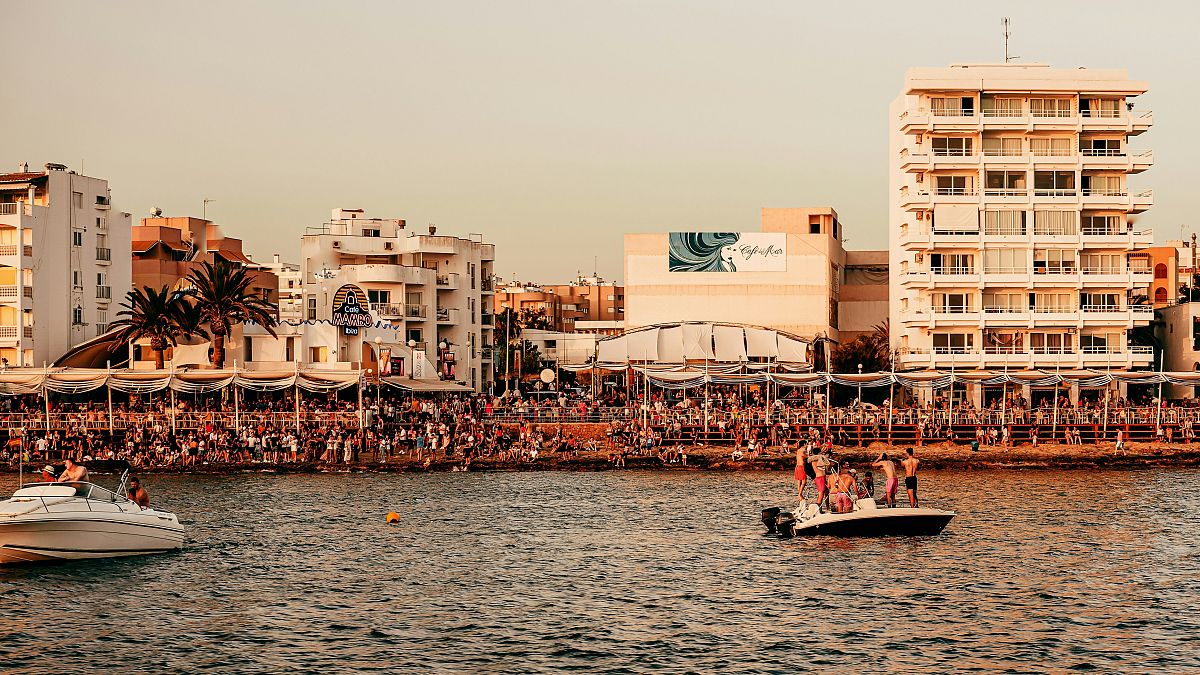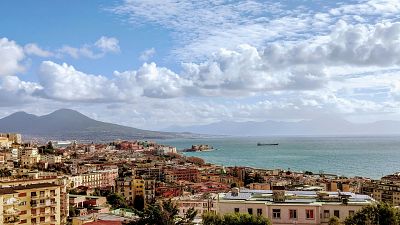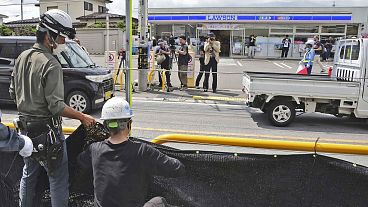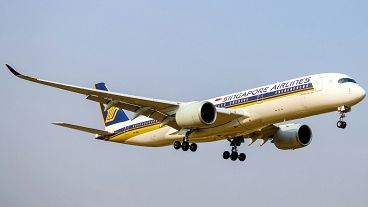Holidaymakers also face fines of up to €1,500 for drinking in the streets.
Fed up with rowdy, drunk tourists, the local government of Spain’s Balearic Islands has brought in strict new alcohol bans.
Holidaymakers at some of the most popular resorts in Mallorca and Ibiza are barred from buying alcohol in shops between 9.30pm and 8am.
The measure is part of modifications made to a 2020 decree designed to curb “excess tourism.”
As part of the increased restrictions, party boats will also be prevented from operating within one nautical mile of certain areas..
Mallorca and Ibiza ban overnight alcohol sales
Overnight alcohol sales are now banned in Llucmajor, Palma, Calvia (Magaluf) in Mallorca and Sant Antoni in Ibiza.
This only applies to shops, so booze can still be sold in bars, restaurants and clubs.
Drinking in the streets in tourist hotspots on Ibiza and Mallorca - with an exception for terraces and other licensed areas - is also prohibited. Fines for violations will range from €500 to €1,500, rising to €3,000 if behaviour is particularly disruptive.
The law will remain in force until 2027.
The ruling comes with a €16 million funding package for security, inspections and advertising promoting responsible tourism, brought in by the Balearic government.
Spain’s Balearic Islands are pushing for more responsible tourism
The new legislation is part of a wider push to replace “sun, sex and sangria” tourism with more responsible visitor behaviour.
While the rules have been toughened, the wording of the 2020 decree has been softened.
Authorities have revised the term “excess tourism” to “responsible tourism,” acknowledging that “tourism represents more than 45 per cent of the community’s GDP.”
The 2020 law was brought in after increasingly disruptive behaviour by tourists sparked international media reports.
“Year after year news has appeared related to uncivil behaviour by young tourists that has caused deep concern among the rest of the citizens, in the hotel sector and in the administrations involved,” the decree said.
Largely attributed to excess alcohol consumption, irresponsible tourist behaviour has also led to serious injuries and deaths.
The 2020 decree already restricts activities including happy hours, pub crawls, and two-for-one drink promotions.



